About the proyect
In 2007, Jane Barry and Jelena Đorđević wrote “What’s the Point of Revolution if We Can’t Dance?” which offered us an in-depth overview of the situation of human rights defenders and how they confronted the risks they were exposed to in their work.
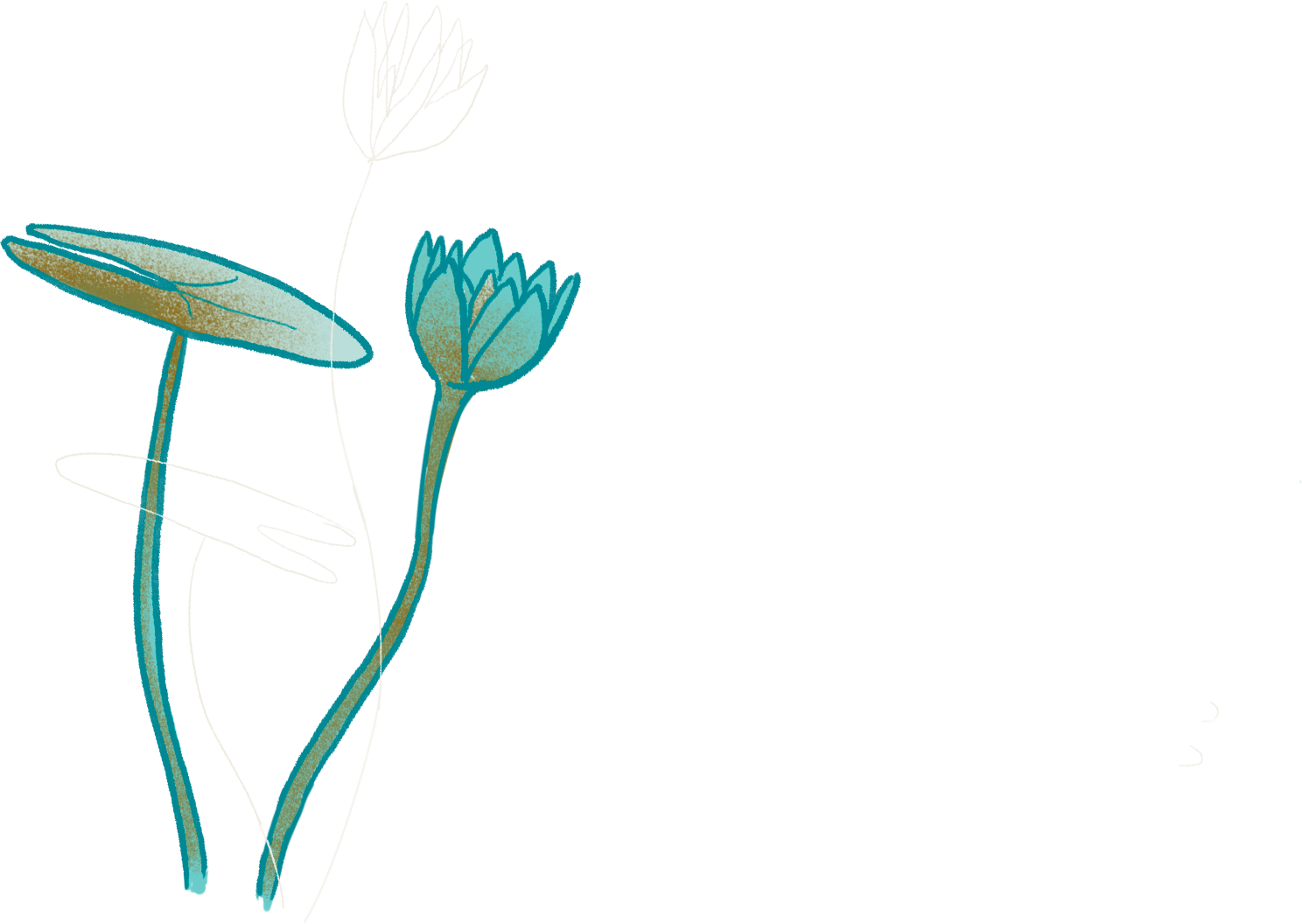
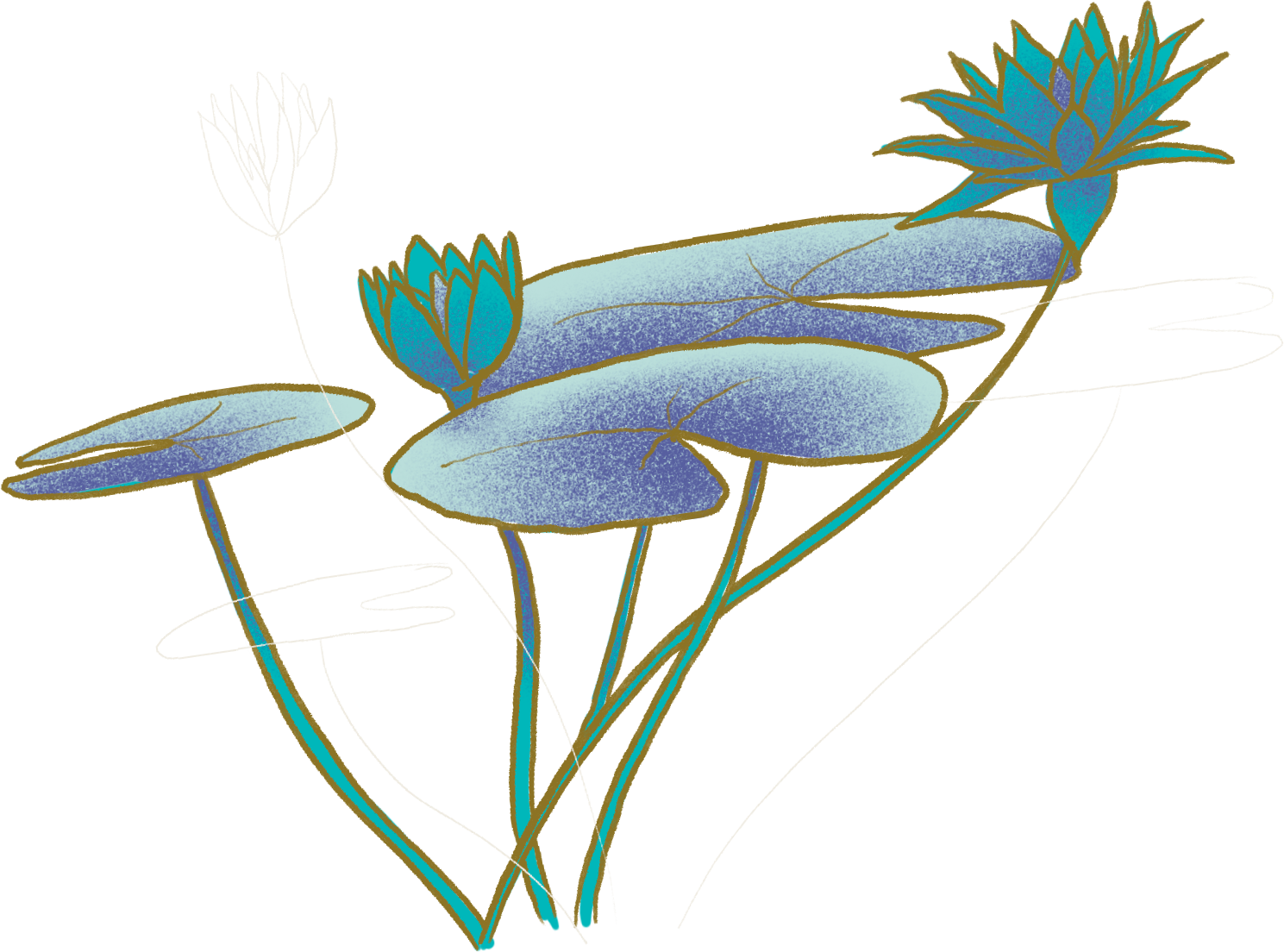


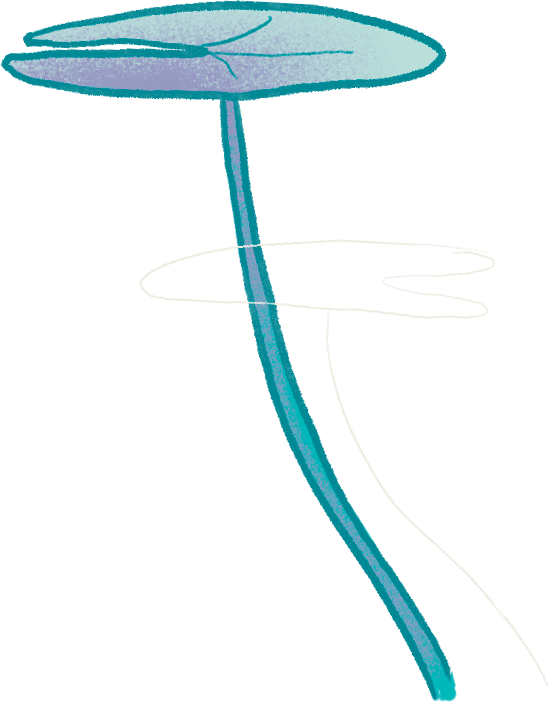

How do women, trans and non-binary activists around the world currently experience and visualize care and protection, at the individual and organizational level, taking into account the context, identity(ies), particularity(ies), trajectory and stories of each one?
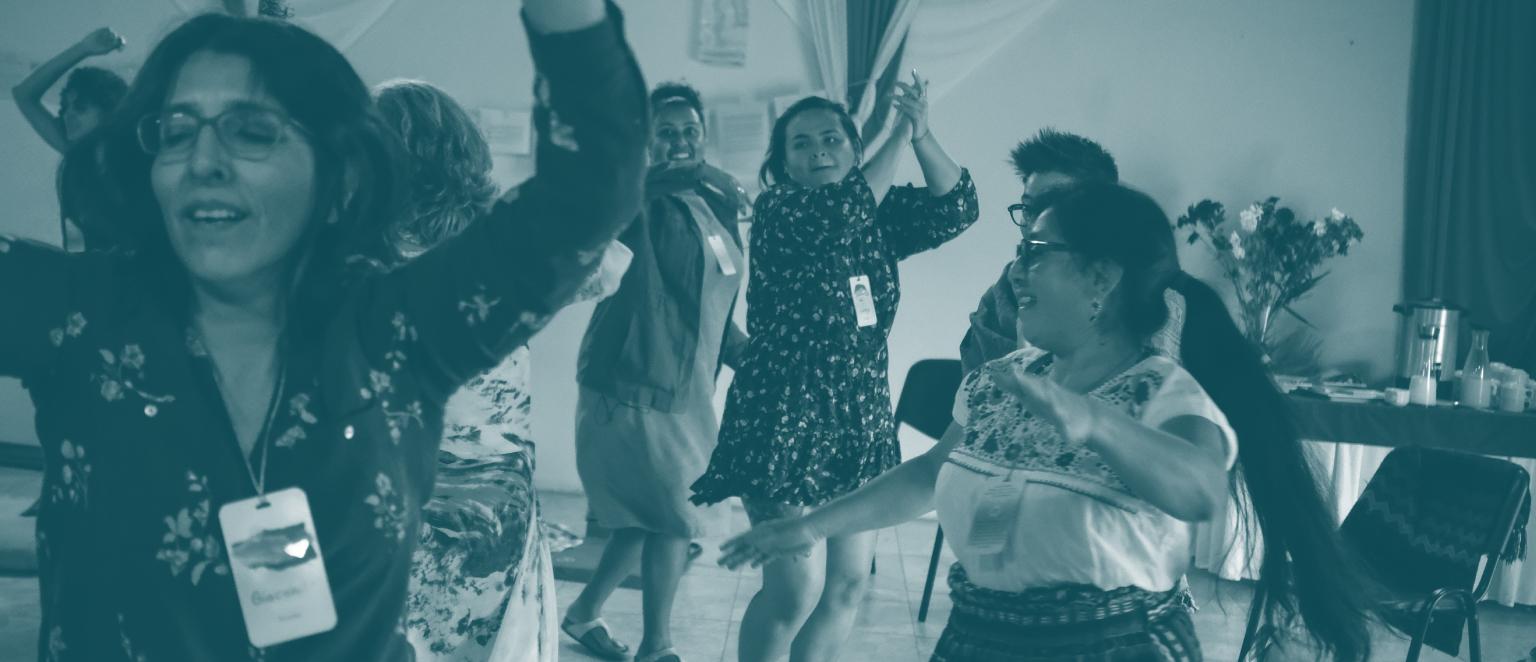
How do women, trans and non-binary activists around the world currently experience and visualize care and protection, at the individual and organizational level, taking into account the context, identity(ies), particularity(ies), trajectory and stories of each one?

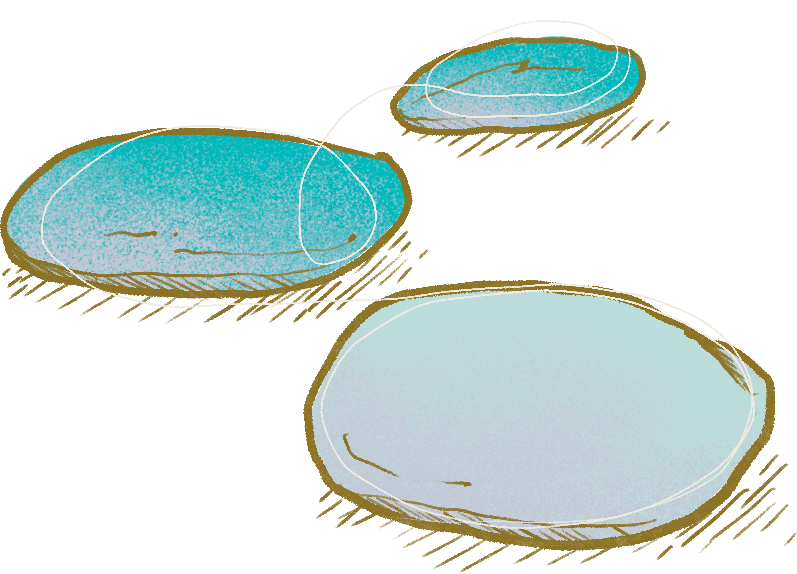
Our intentions with this investigation are to:
Contribute to activists, their organizations, movements and donors incorporating practices and reflections around comprehensive care and protection.
Strengthen solidarity networks among activists by collecting and making visible their experiences so that their movements may be increasingly sustainable.
During these years, as UAF-LAC, we have cultivated an understanding of care as the root that sustains life.
Gallery of Gatherings
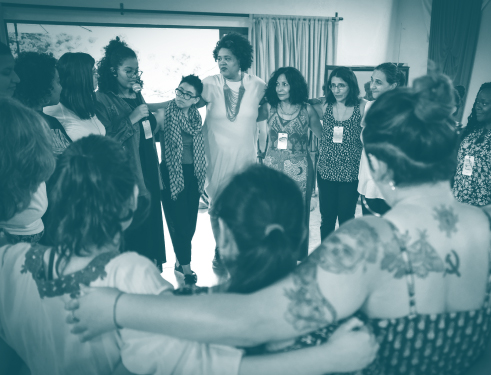
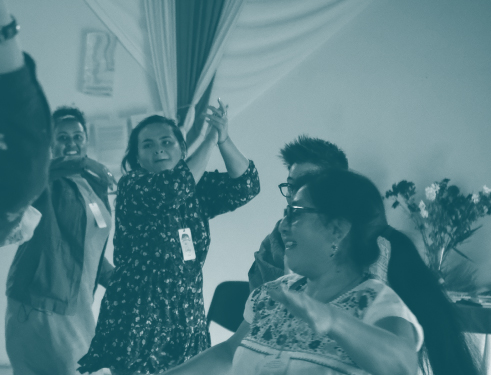
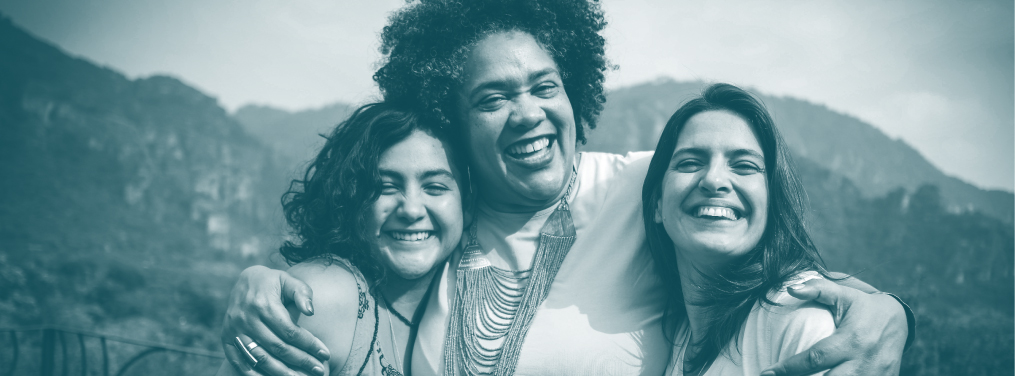
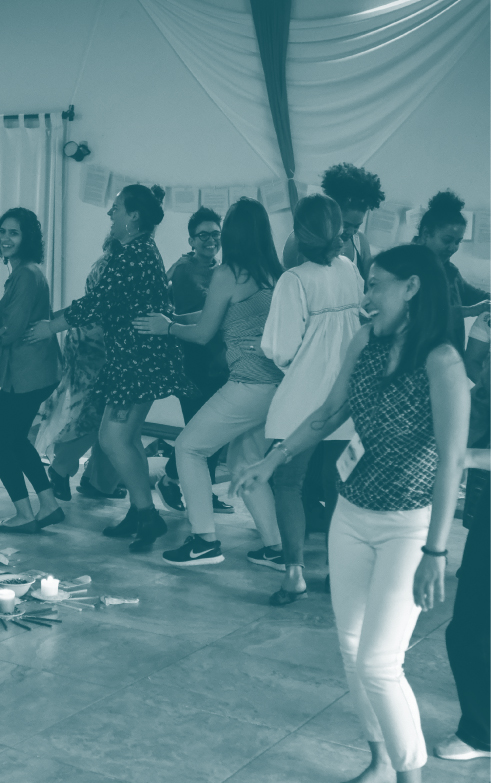

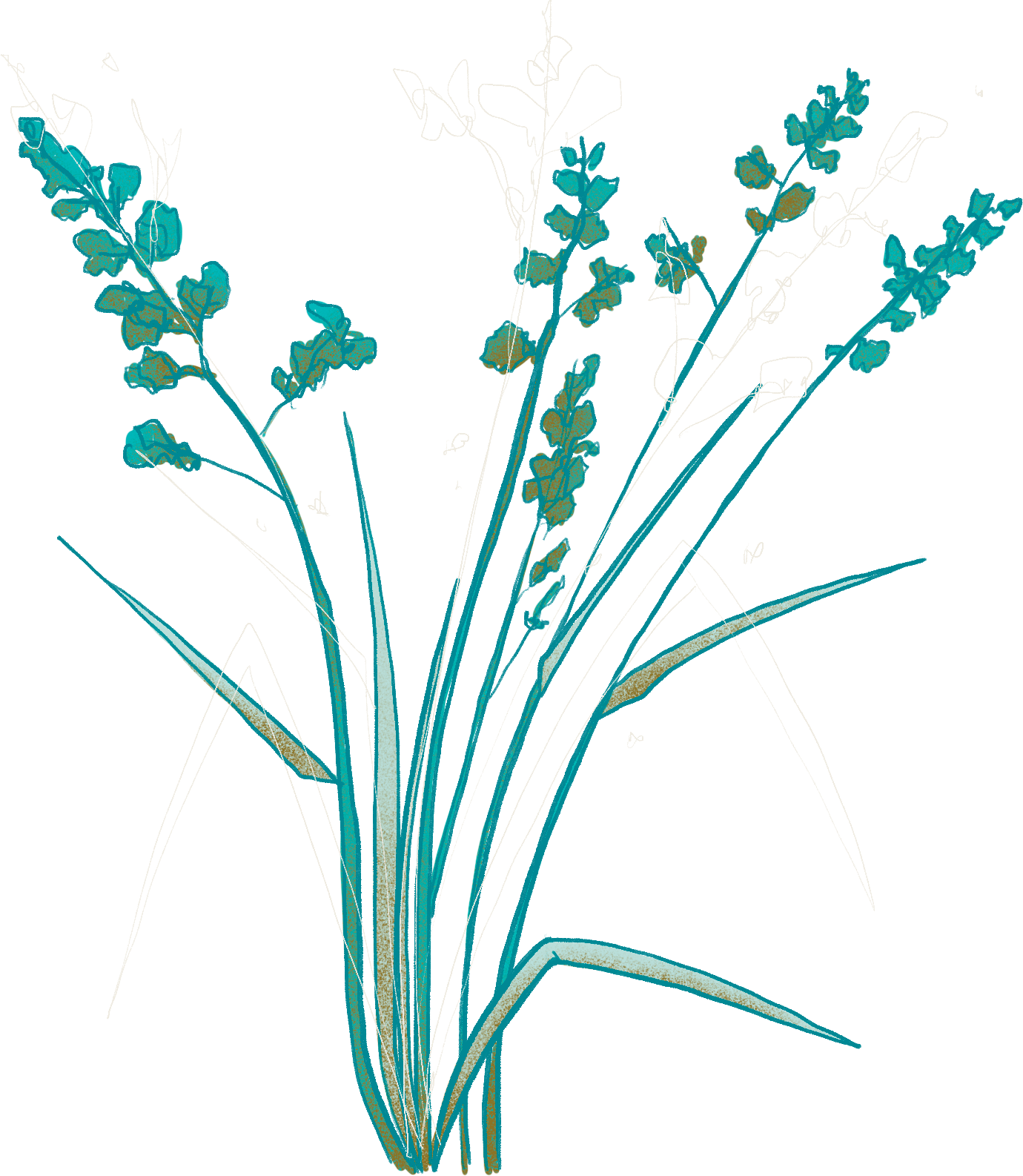

2017
Self-care and collective care | The Spirit | Power | Politics of care
The municipality of Palomino, located in La Guajira, Colombia, welcomed us for our first meeting, from which the preliminary axes of this investigation emerged:
● Self-care and collective care
● The Spirit
● Power
● Politics of care
During this meeting, key questions also emerged that formed the basis for interviews:
● What does it mean to think about self-care in our current contexts, in light of our multiple identities?
● How do we practice self-care and collective care internally in our organizations?
● What are the practices and forms of self-care of young activists (online and offline)?
● How do we understand the political meaning of care?
2018
How do donors understand care and what is their responsibility in relation to the sustainability of movements? How to keep the fire going, so that activism doesn’t burn us. | How do we decolonize memories of wellbeing?
This time we were received by Islas del Rosario, Colombia where we resumed the work carried out in the first meeting and new questions arose, among them:
● How do donors understand care and what is their responsibility in relation to the sustainability of movements?
● How to keep the fire going, so that activism doesn’t burn us?
● How do we decolonize memories of wellbeing?
We proposed that the research should have an emphasis on the collective dimension of care and power. We also validated the objectives and built the ethical and methodological criteria, as well as the first outline of assumptions.
2019
Holding the Fire and the Roots
“Holding the Fire and the Roots” was the invitation to meet in Tepoztlán, Mexico. After conducting interviews and a preliminary analysis by region, we convened to share, analyze and provide feedback on the preliminary findings of the process, including donors’ perspectives regarding their role in the field and the methodological, conceptual and practical challenges of the global, multilingual process.
This meeting was an opportunity to celebrate our own stories and to honor those who paved the way twelve years ago and who have guided us on the journey of care and protection.
Meet the interviewers
Tania Correa | Colombia
Eden Wondmeneh | USA
Maya El Elhou | Líbano
Nancy Raoof | Egipto
Gistam Sakaeva | Chechenia
Adela Nieves | USA
Codou Bop | Senegal
Rudo Chigudu | Zimbabue
Paola Mosso | Chile
Meet the advisory team
Rosa Posa | Paraguay
Mónica Enríquez | Colombia – USA
Ledys San Juan | Colombia
Cara Page | USA
Marusia López | México
Itzel Guzmán | México
Verónica Vidal | México
Ana María Hernández | México
Awino Okech | Kenia
Ruby Johnson | Australia
Jelena Dordevic | Servia-Brasil
Rudo Chigudu | Zimbabue
Sandra Ljubinkovic | Serbia
Shawna Wakefield | USA
Carmen Sánchez | España
Daniela Fonkatz | Argentina
Flor de Maria Álvarez Medrano | Guatemala
The activists interviewed
Thank you to our constellation of activists who shared about care and protection in women’s, feminist and trans feminist movements
Celeste Mayorga. RUDA
mujeres+territorio Iximulew.
Guatemala.
Miluska Luzquiños. Executive Director of the Feminist Organization for the Human Rights of Trans People (Organización Feminista por los DDHH de las personas Trans). Perú.
María Teresa Blandón Gadea.
Feminist Movement of Nicaragua.
Nicaragua.
Rosanna Marzan. Dominican Diversity (Diversidad Dominicana).
Dominican Republic.
Lana Souza. Coletivo Papo
Reto. Brazil.
Luna Irazábal. Black Sheep Collective
(Colectivo Ovejas Negras). Uruguay.
Jelena Dordevic. Feminist Collective of Self-Care and Care among Human Rights Defenders. Serbia/Brazil.
Pramada Menon. Queer
Feminist. India.
Carolin Lizardo.Women and Health Collective (Colectiva Mujer y Salud) | Dominican Republic
Rosa Posa Guinea, Akahata,
Sexualities and Gender Task Force (International) Aireana, Lesbian Rights Group. Asunción Paraguay.
Yerbateras. Colombia.
Marusia López Cruz.
JASS/IM-Defensoras.
Mexico/Spanish State
Flor Alvarez Medrano.
Guatemala.
Maureen Kademaunga.
Zimbabue.
Lakshmi N. Moore. Member,
Liberia Feminist Forum.
Country Director, ActionAid.
Liberia.
Fahima Hashim. Salmmah
Women’s Centre.
Based in Canada.
Yuli Rustinawati, Arus Pelangi.
Indonesia.
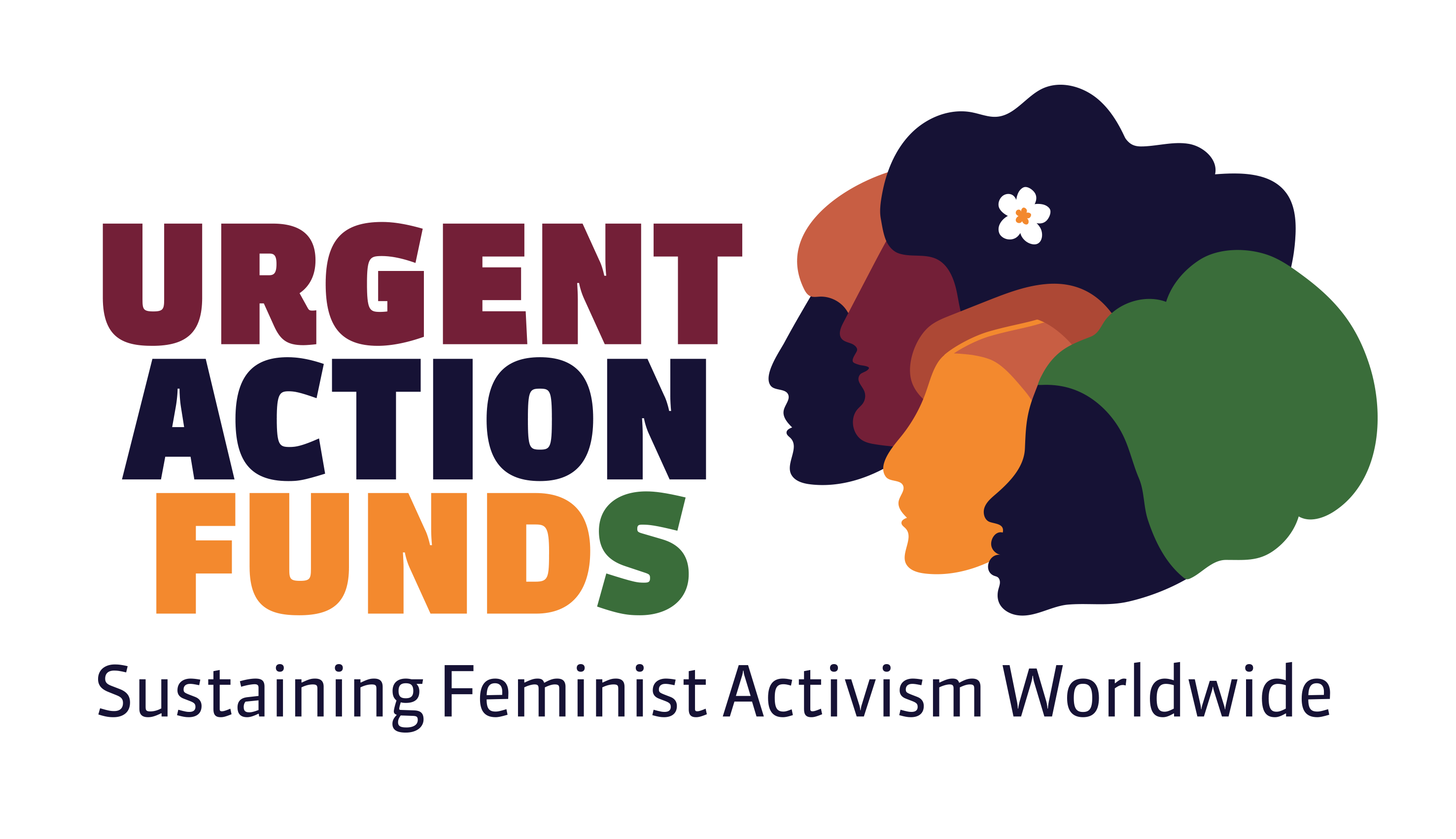
Led by:
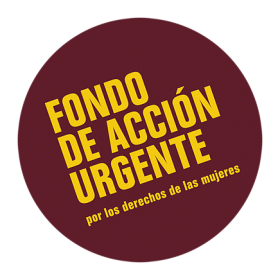
About the project
How is your heart?
Collective Experiences
Contact
1. Honoring the path
2. Situating risks
3. Meet the activists
4. Talking with ourselves and others
5. Sharing practices
6. Transforming financing together
